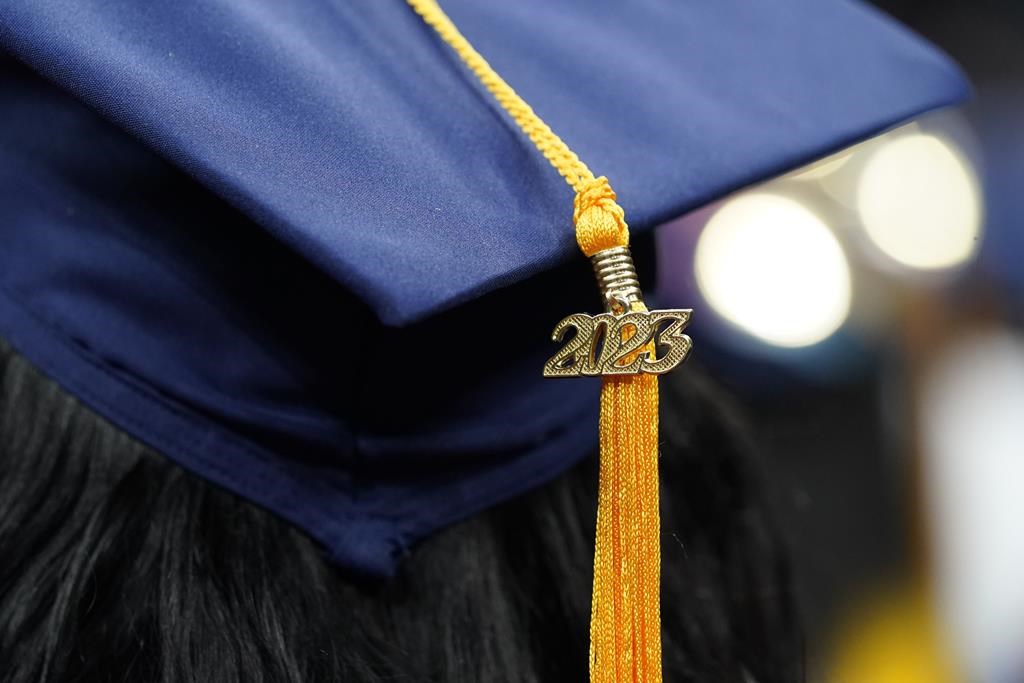The government of Saskatchewan is planning to implement changes to high school graduation requirements beginning in the 2024-25 school year.

The changes will affect students entering Grade 10 in September 2024.
The changes include:
- a new credit requirement at the high school level for a course that focuses on financial literacy
- a change in the number of required credits for English language arts (ELA)
- a change in the number of required credits for social sciences
- an increase in the number of electives students need to graduate
The province said the credit changes are based on insight from a number of authorities including the Saskatchewan Teacher’s Federation, and First Nation Education Authorities.
“Feedback suggested that students require additional credit flexibility to learn subjects they are passionate about to help them successfully enter the workforce,” the province said in a press release. “These changes align Saskatchewan education standards to those across Canada.”
A new grade 10 financial literacy credit will be introduced to “provide the building blocks for students to understand personal finance and the economy. Adding a financial literacy credit also aligns with the majority of Canadian jurisdictions that require students to learn about financial literacy.”
The number of required credits for English language arts will be changed to three from five, with one requirement at each of the grades 10, 11 and 12 levels.
Required credits for social sciences will change to two from three.
“Allowing students more personal choice in their learning to better prepare them for their futures and getting Saskatchewan back to basics is a positive step forward,” Education Minister Jeremy Cockrill said. “We have heard from the education sector that students need to be prepared for a rapidly changing labour market by focusing on the development of transferrable skills in areas such as financial literacy.”
The number of required high school credits remains the same for all other subject areas.
The number of credits required to graduate has not changed and Saskatchewan students will still require 24 credits to graduate.
- Small grocers, co-ops receiving boost from Loblaw boycott: ‘A lot of anger’
- B.C. man losing vision needs to find home for treasured book collection
- U.K. bans generic passwords over cybersecurity concerns. Should Canada be next?
- More foreign interference action coming after inquiry report, India arrests: LeBlanc




Comments